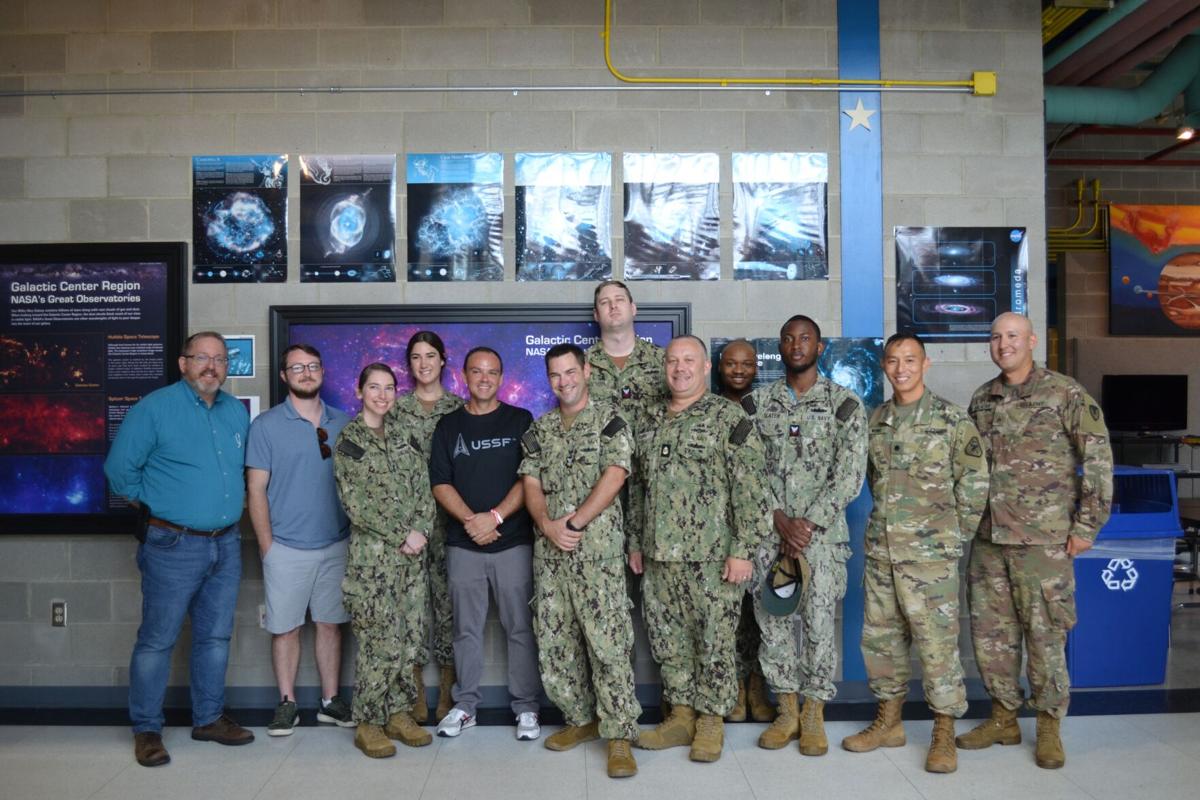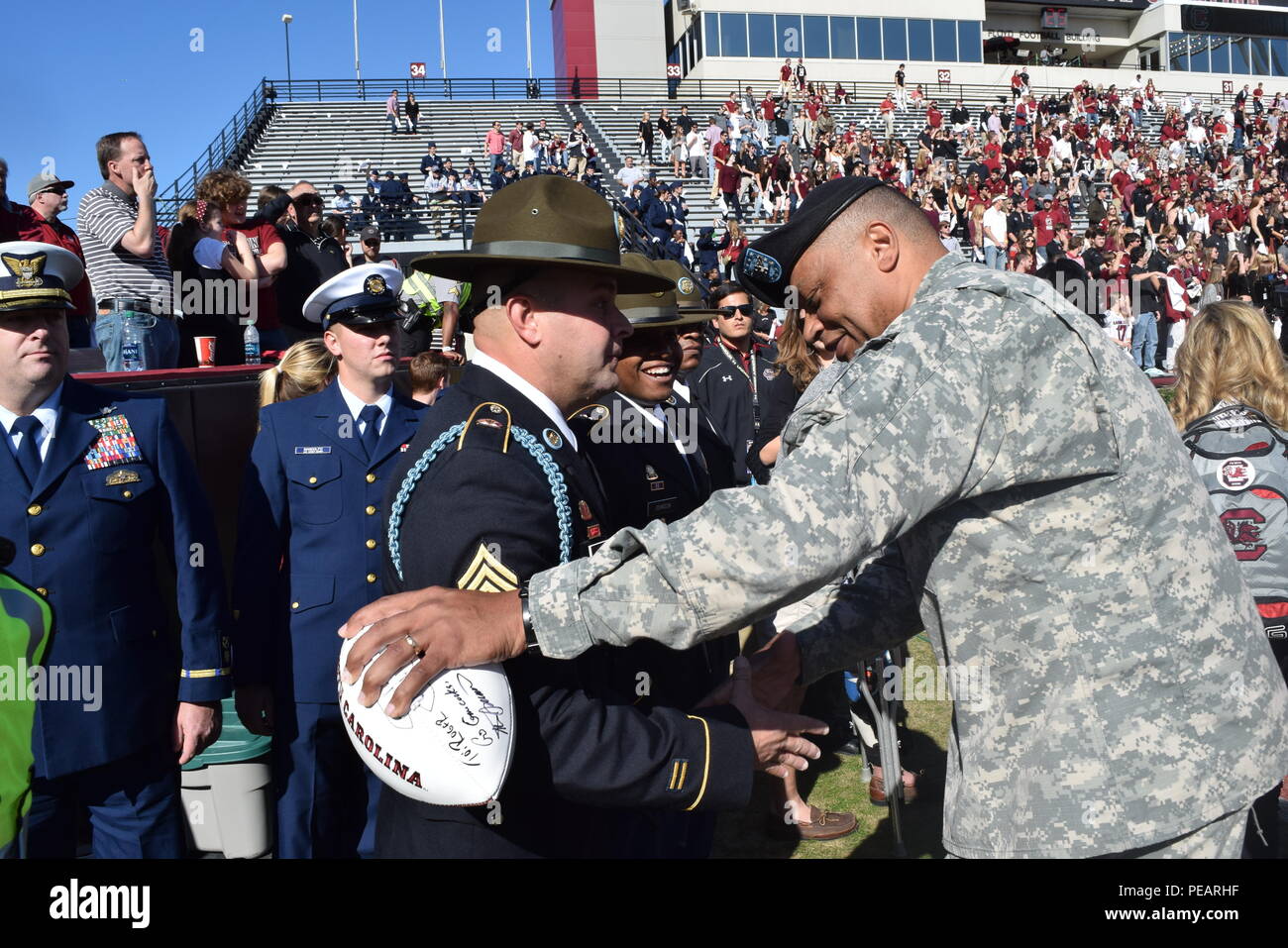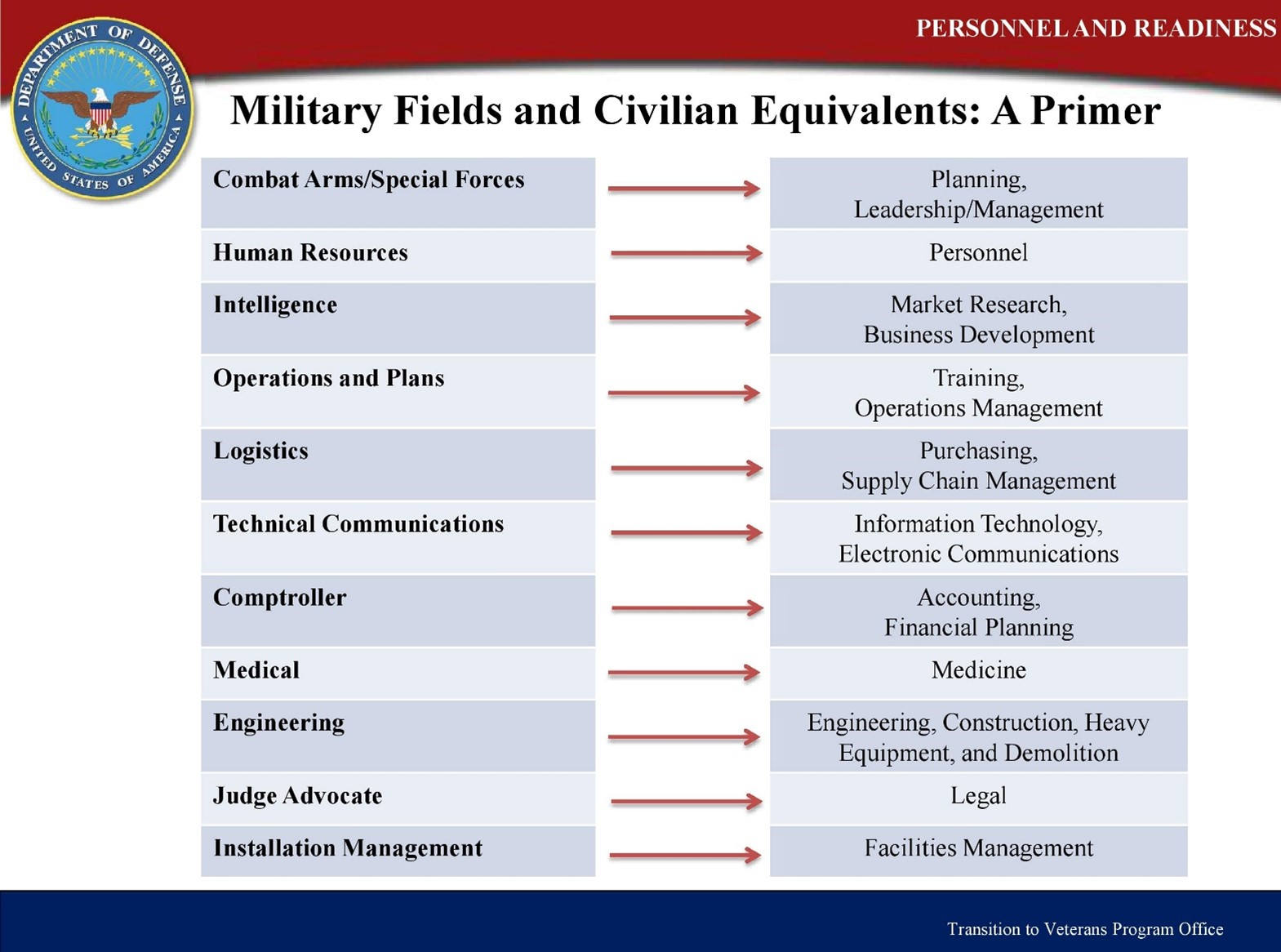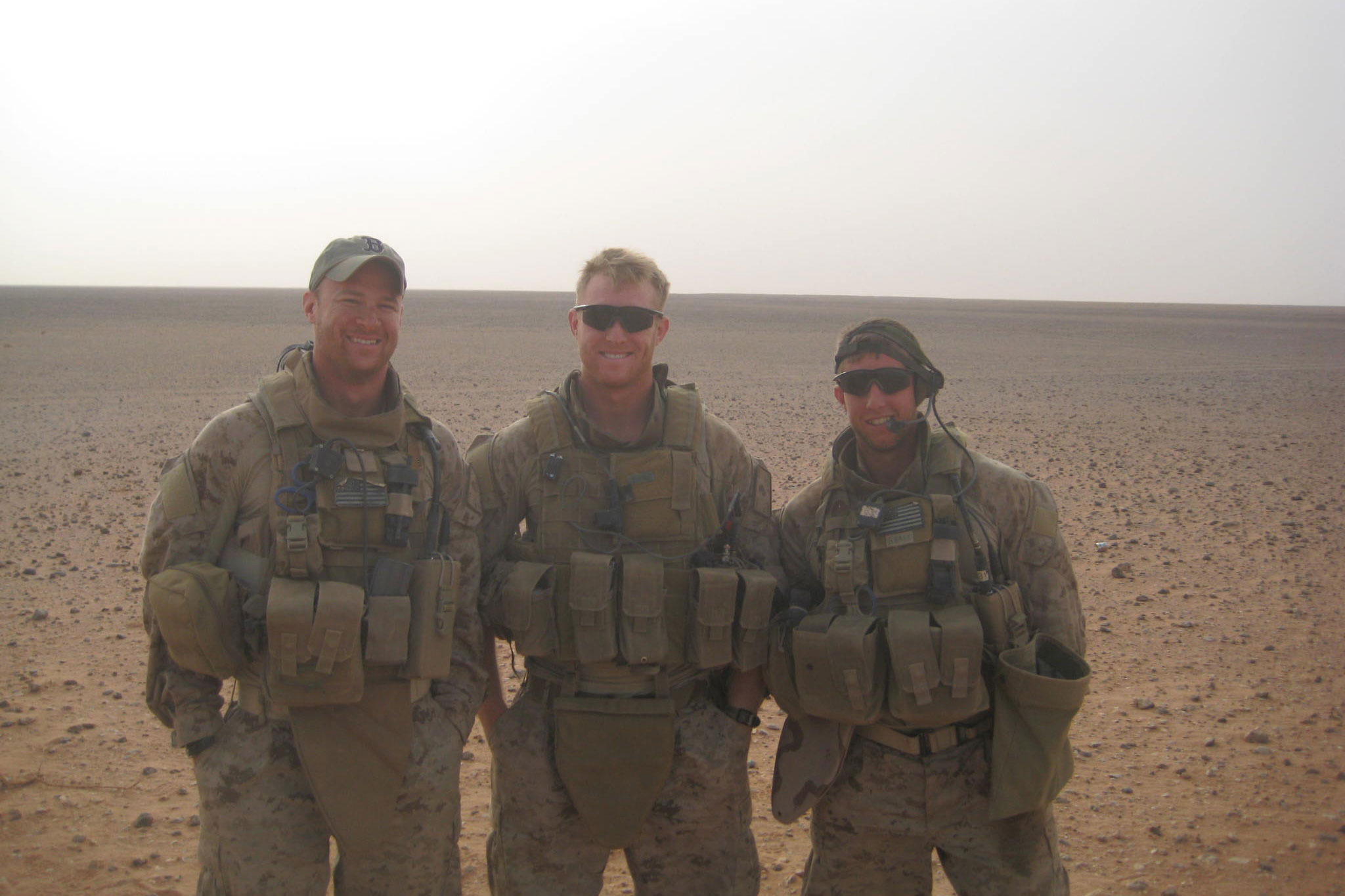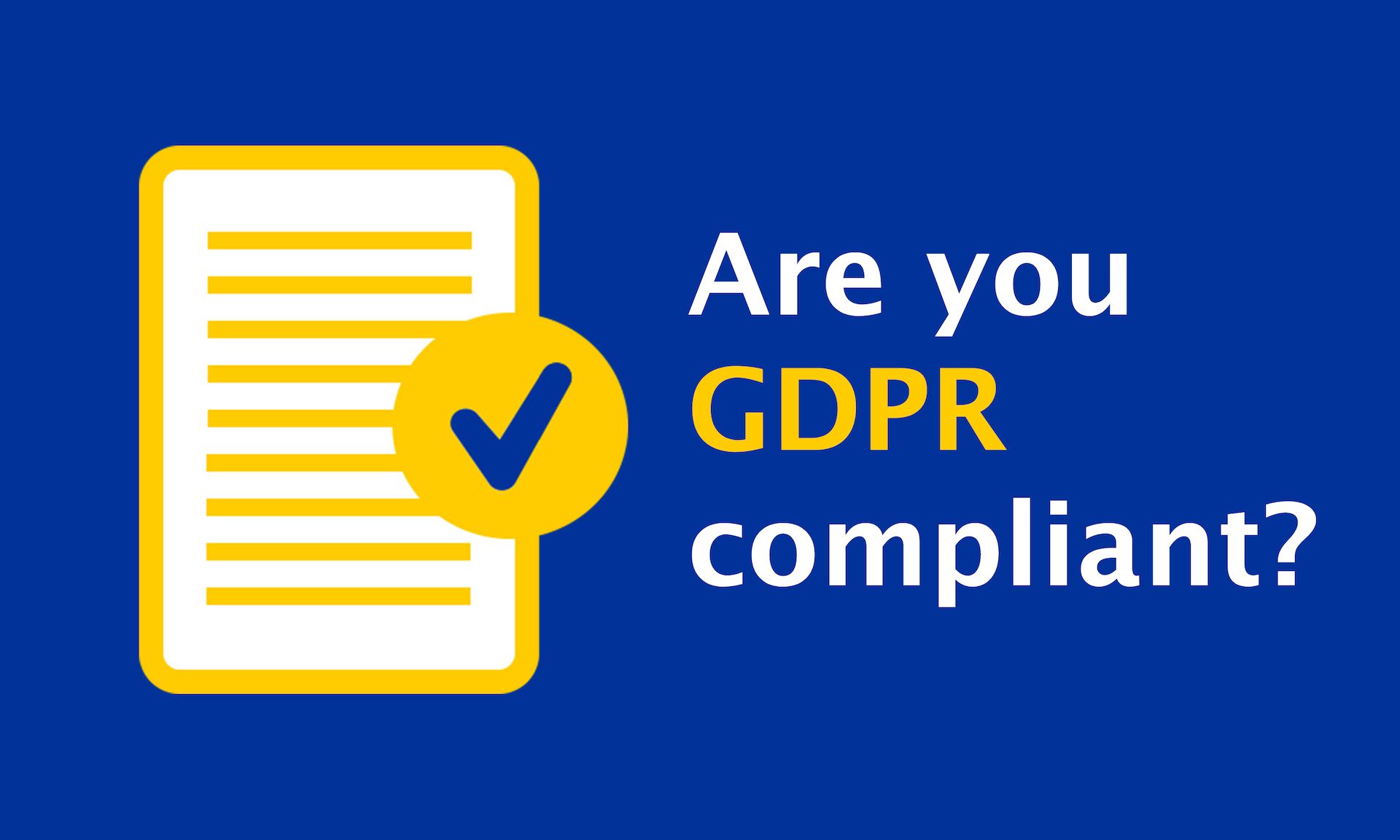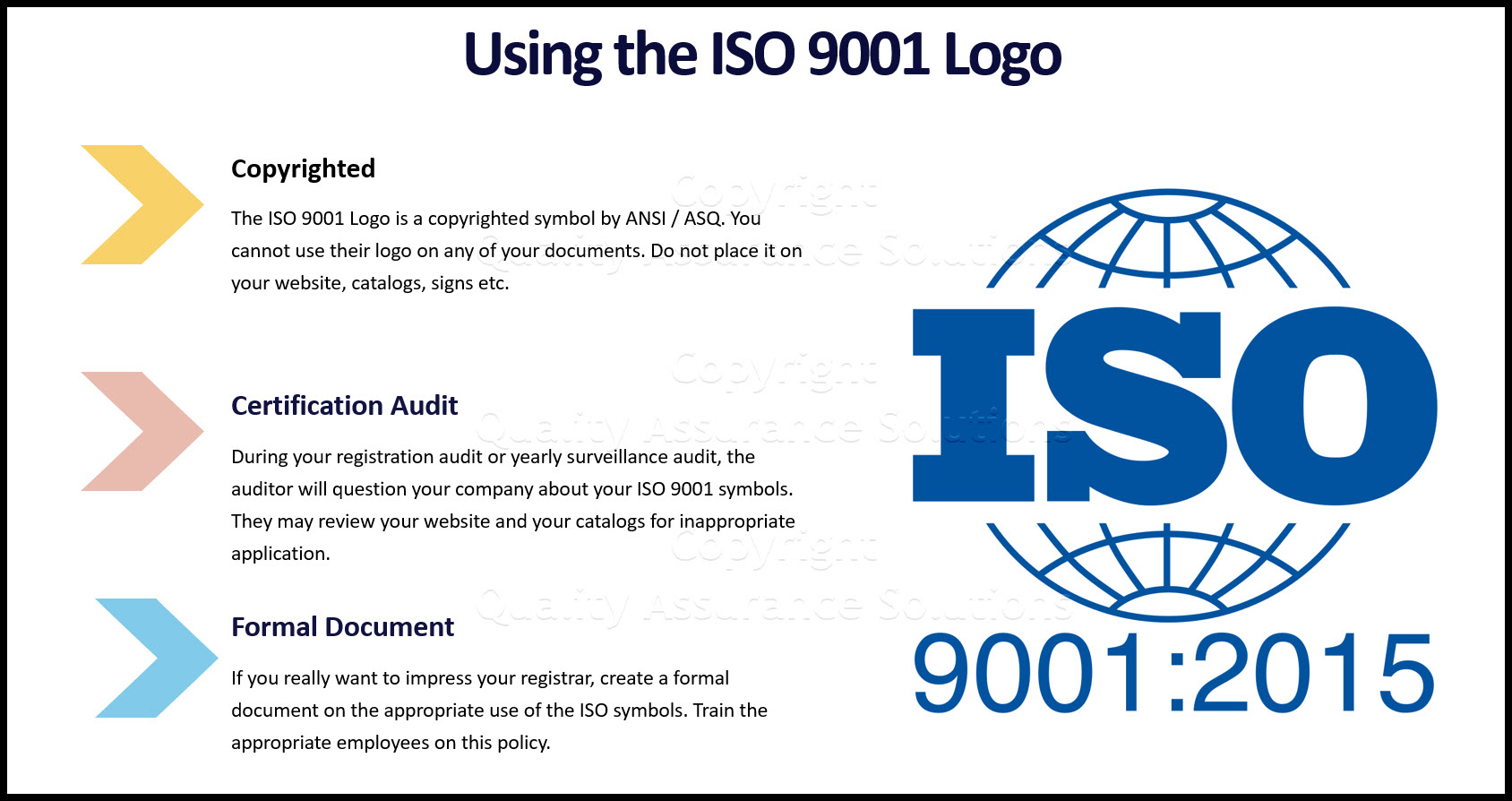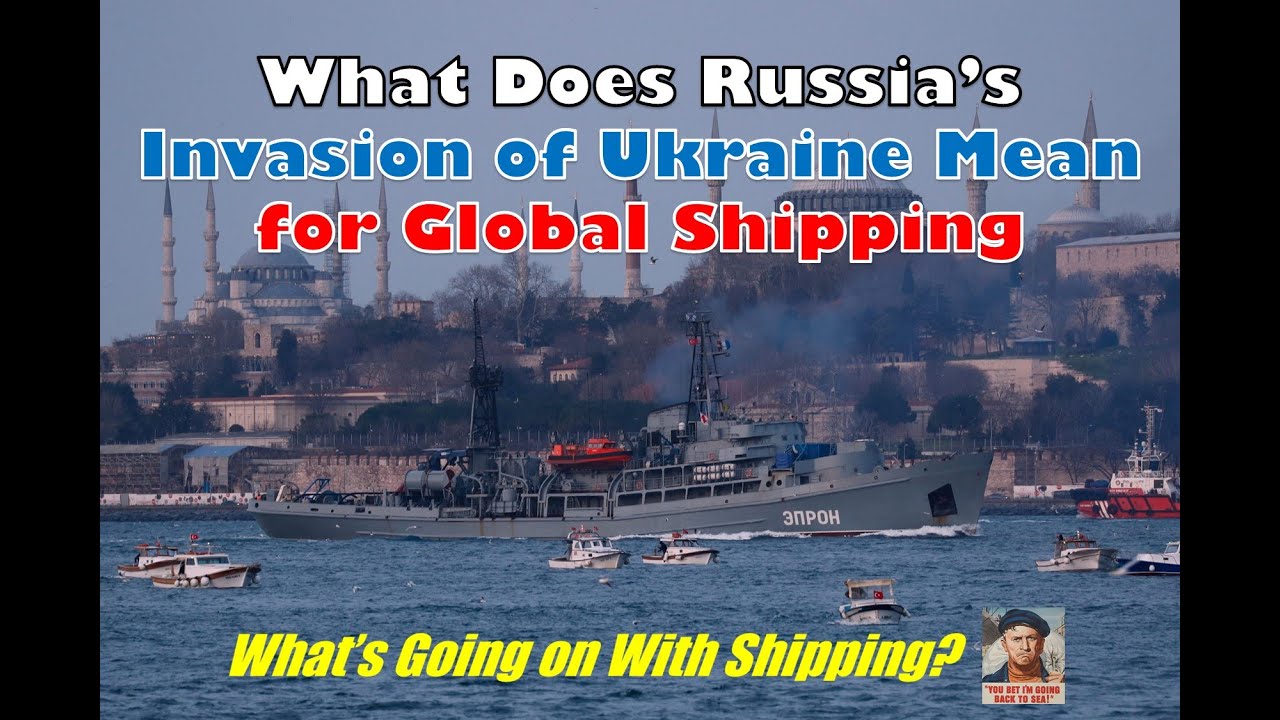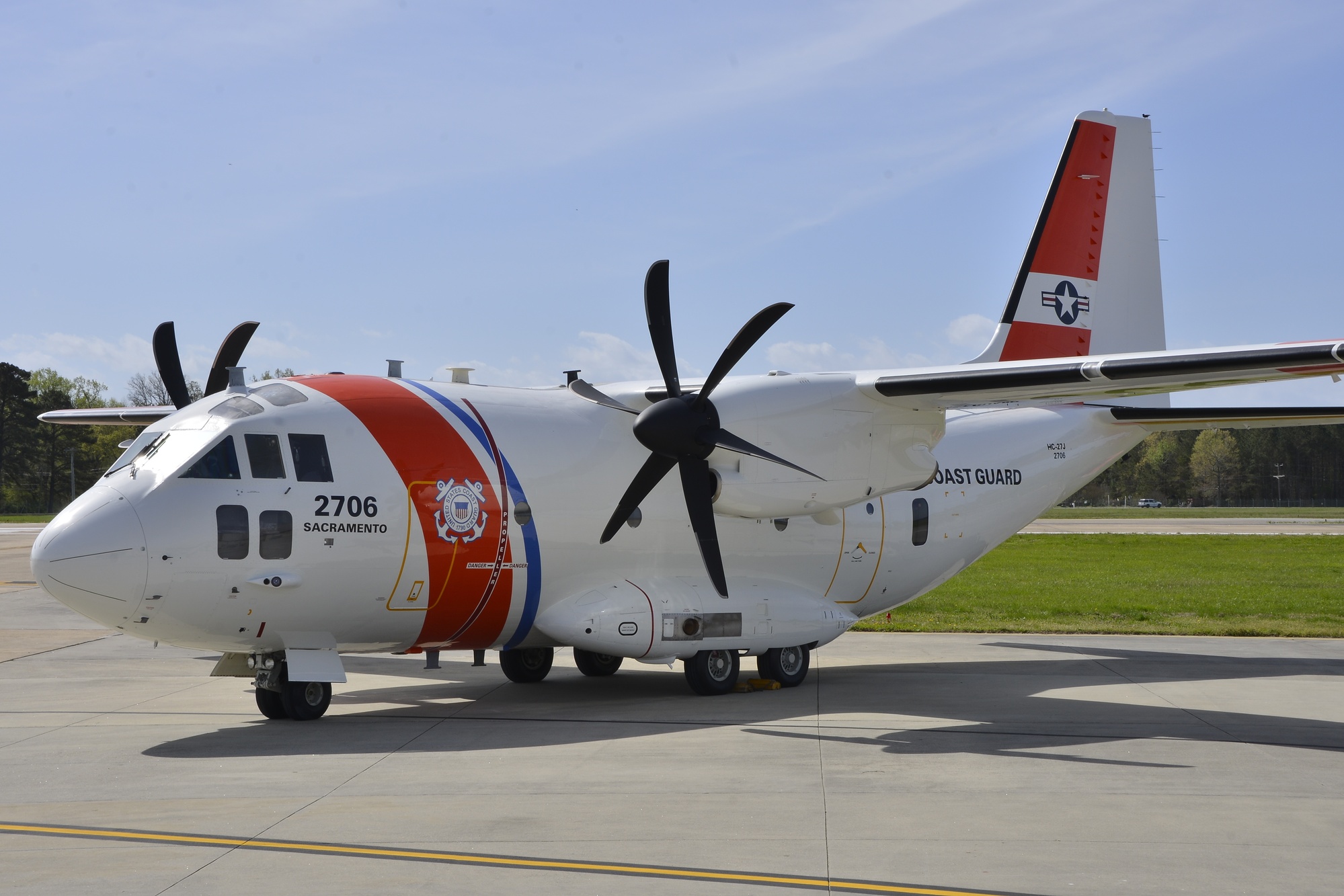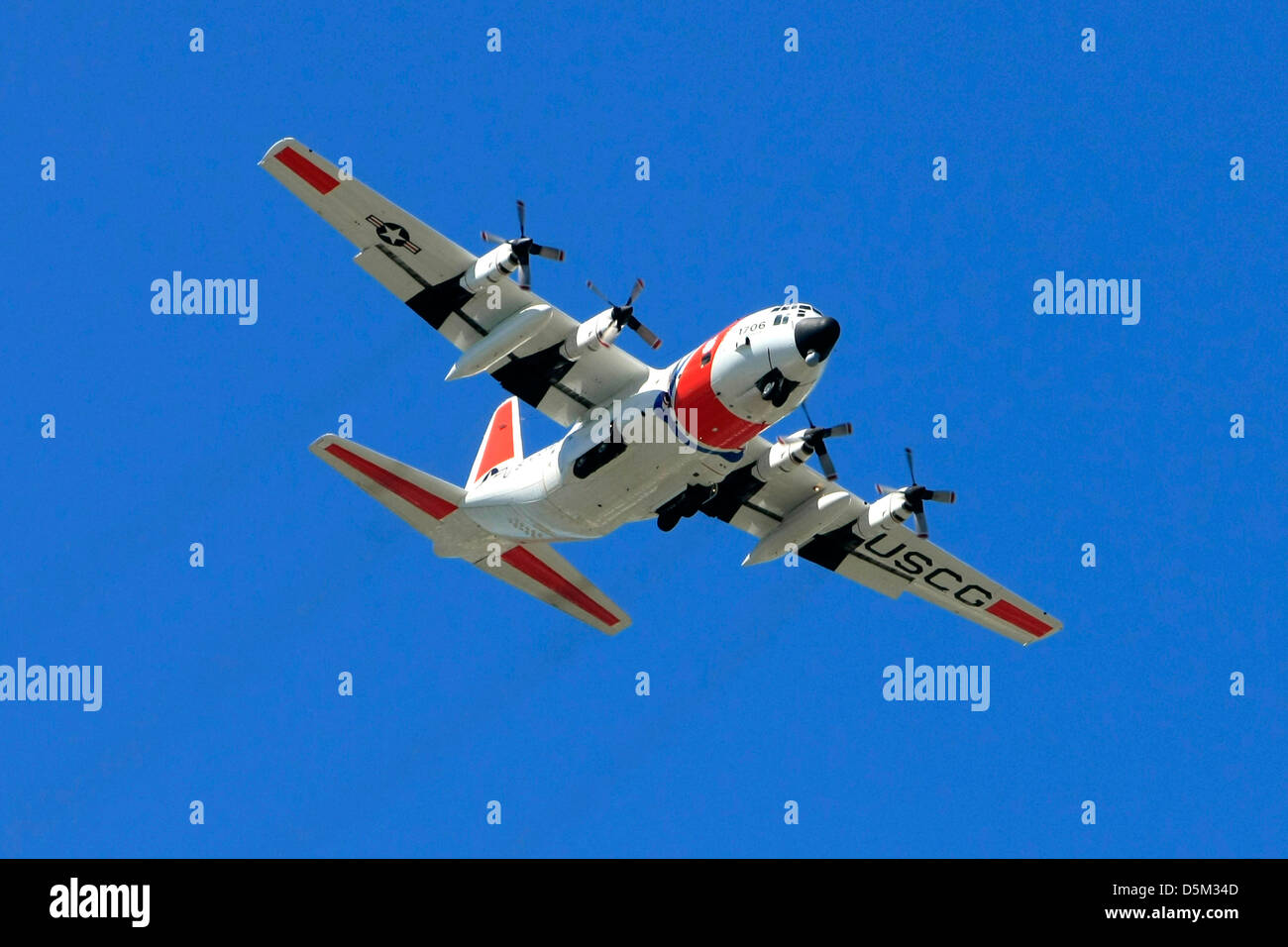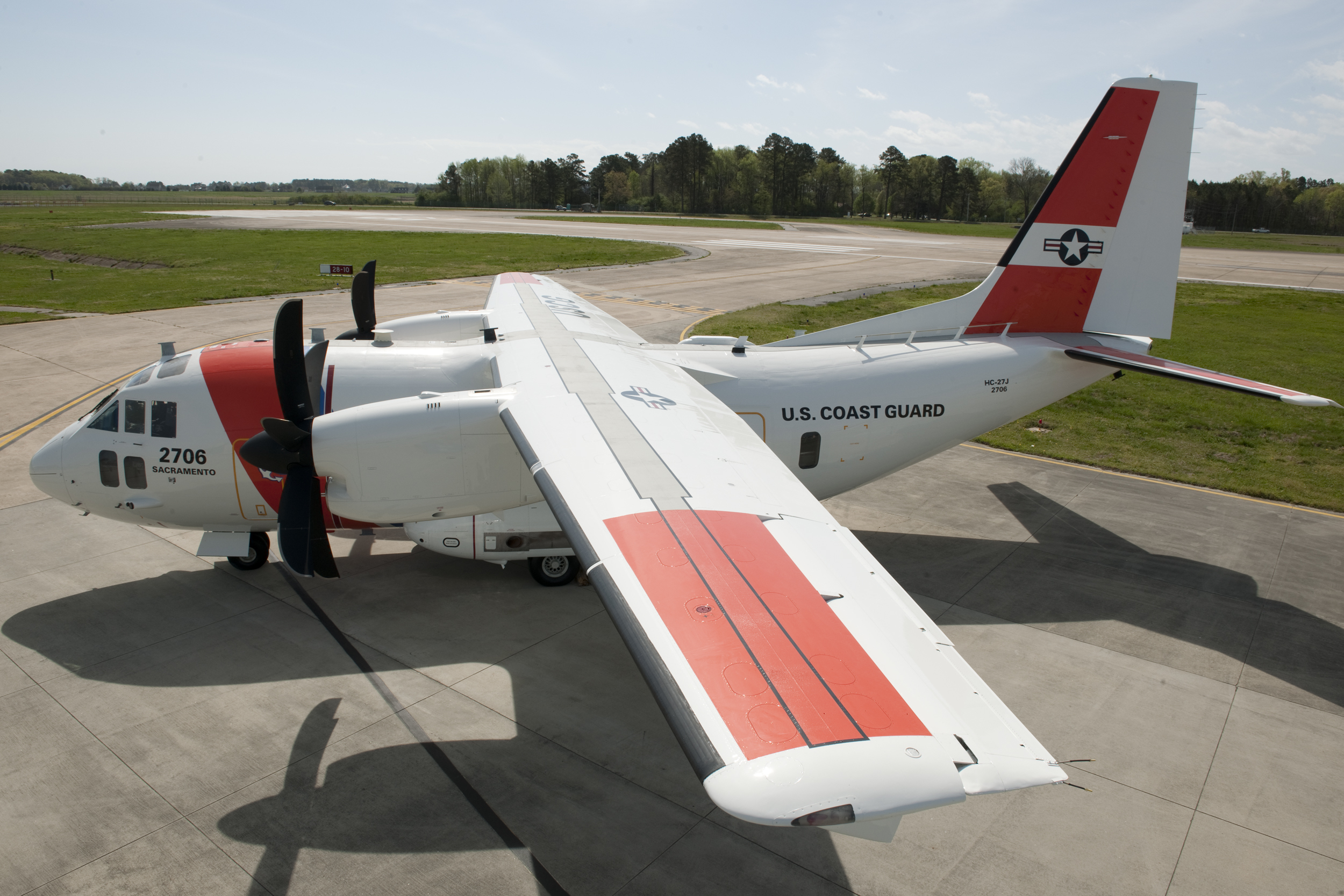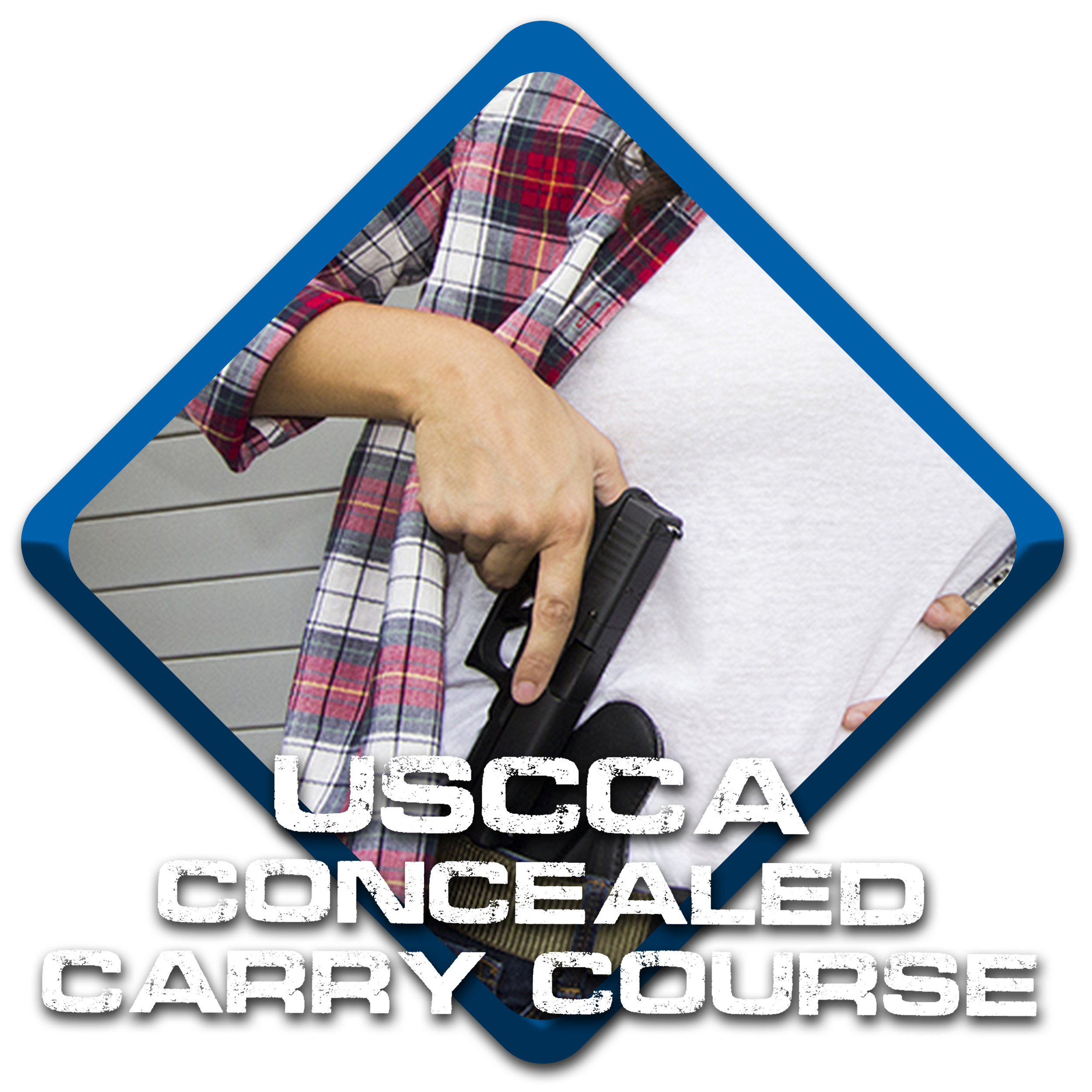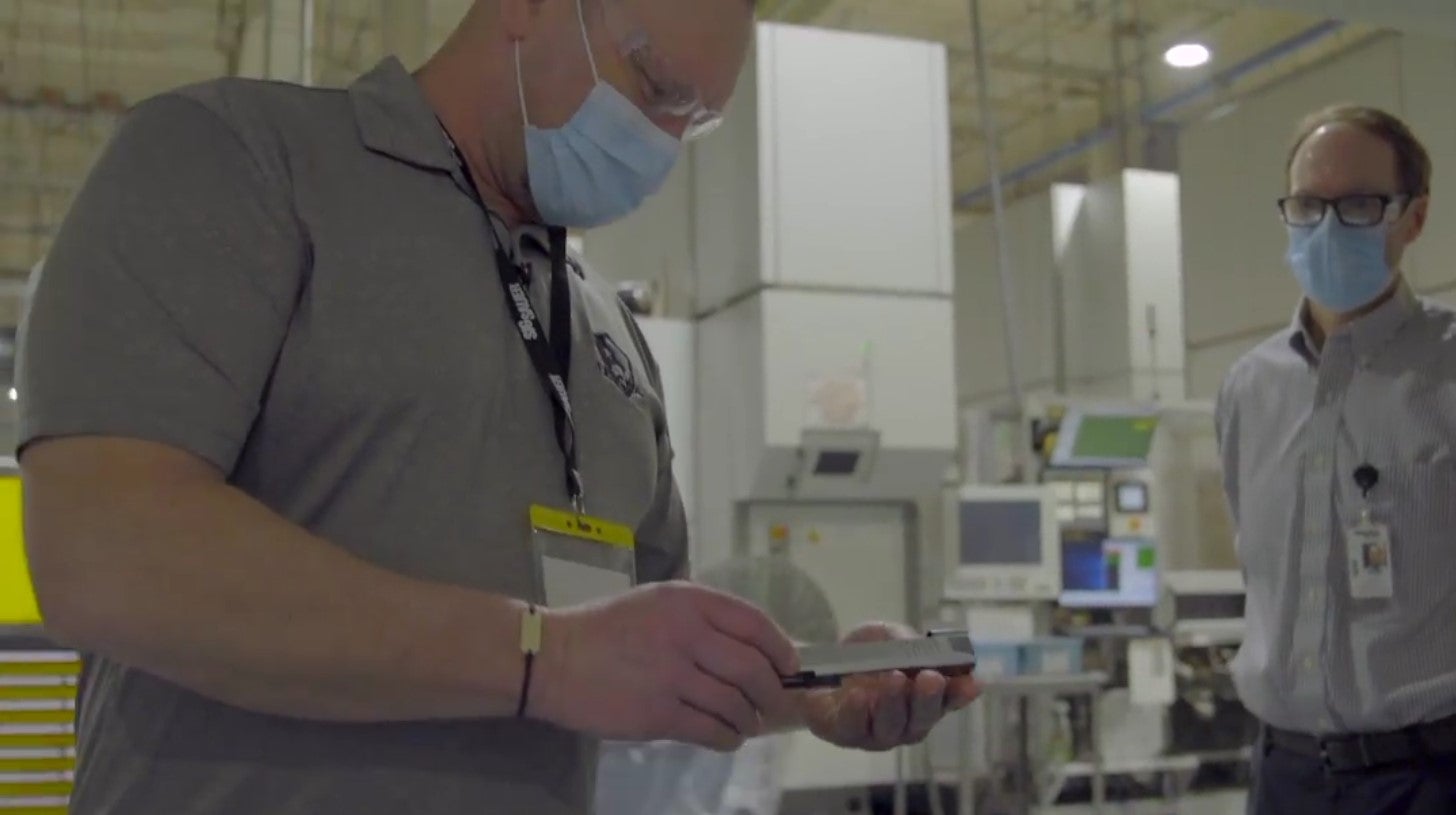What Is Invade Means - Ukraine pledged "all-out protection" after Russia invaded its neighbor by air, land and sea on Thursday morning in Europe's biggest military operation since World War II.
"To anyone thinking of intervening on the surface - if you do, you will face greater consequences than you have ever faced in history," Russian President Vladimir Putin said in a chilling speech announcing the invasion.
What Is Invade Means

These events have a global impact, disrupting the operations and financial markets of NATO countries. UVA interviewed three University of Virginia experts today, one on democracy and one on Russia.
How To Jungle Invade In Mobile Legends: Bang Bang
Todd Sechser is director of UVA's Democratic National Laboratory, which addresses issues presented by the twin challenges of authoritarianism and great power competition.
Pamela Feinor Edmonds and Franklin S. "Democracy is at the heart of this conflict," said Sechser, the Edmonds Junior Discovery Professor of Politics. "Putin does not recognize the legitimacy of Ukraine's democratic government, and regime change appears to be the core goal of the invasion." The competition between Russia and the West is not just about power. It is about what kind of government will rule in the 21st century. "This war is the clearest illustration of that struggle."
Todd Sechser, from left, is director of UVA's Democratic State Lab. Kirill Kunachovich is an associate professor of history specializing in modern Europe and the Cold War. Russian expert Allen Lynch is a professor of politics. (contributed images)
In some ways, the invasion of Ukraine represented a limitation, not a strengthening, of Russian power, Sechser said. "For more than a decade, Russia has tried to put Ukraine in orbit and away from Europe. "It has used almost every coercive tool at its disposal, including economic coercion, support for separatists, the annexation of Crimea and direct military threats."
No, Russia Will Not Invade Ukraine
These efforts failed -- they did not force NATO to commit to preserving Ukraine. An invasion is Russia's last resort, Sechser said.
The head of Statecraft Labs noted that the war in Ukraine is an important test of the resolve of the European allies of the United States. "The US is pressuring the EU to uphold a battery of massive economic sanctions, but Europe depends on Russia for gas and oil," he said. "This crisis suggests that the US alliance or Russia's energy dependence is more burdensome than the EU when it comes to pushing back."
Seccher said the crisis could have long-term implications for the global proliferation of nuclear weapons. He pointed out that in 1994, Ukraine possessed the third largest nuclear arsenal in the world, but gave it up in exchange for security guarantees from the United States, Great Britain and Russia. “Obviously, this decision seems to be in hindsight. Libya learned a similar lesson when it gave up its nuclear program in 2003, only to be attacked by the US and NATO less than a decade later. "Convincing countries like Iran to abandon their nuclear option means convincing them that they can be safe without nuclear weapons. "A Russian invasion of Ukraine would do enormous damage to that goal."

"Today's aggression reflects ideas that have been circulating in Russia for decades," wrote Kirill Kunahovich, an assistant professor of history specializing in modern Europe and the Cold War. Putin's initiative to "Nazify" Ukraine is taken directly from Soviet rhetoric. After World War II, the same argument was used to justify the Soviet occupation of western Ukraine, which was part of Poland.
The Growth And Aggressive Behavior Of Human Osteosarcoma Is Regulated By A Camkii Controlled Autocrine Vegf Signaling Mechanism
"The idea that Ukraine is 'really' part of Russia is much older." In the 1860s, Emperor Alexander II insisted that Ukrainian should be pronounced Russian rather than a separate language. Putin also argued that the invasion was necessary to protect Russians in Ukraine, a view he has used since the 1990s. "What he said in his public speech this morning is not new. He's been saying these things for years."
Kunachovich said the new thing was to follow Putin. "Many observers, even whistleblowers, were surprised by the extent of the invasion because they were desensitized to the word," he said. "Russia has been wrong with the sword since 1991, but now Putin is actually doing what he promised."
Predictably, Putin sees an opportunity and the consequences are not far behind, Kunachovich said. “His calculations may be correct. It is not clear what exactly the punishment will entail. "The announcements so far have consisted of things like travel bans on Russian officials, which aren't much of a deterrent."
Dictators around the world have studied and emulated Putin, who actively presents himself as the face of a global movement, Kunachovich said. "The problem now is that Putin's model has broken even in Western democracies."
Squamous Cell Carcinoma Of The Esophagus
"A new Cold War like this will be fought not only between countries, but within them," Kunachovich predicted. "The big question is whether democratic countries can block Putin or not?" "Whether they are in France, Germany or the United States, can they stop the spread of Putin's ideas internally?"
"I think Putin wants to say that at least since 2004 and the Orange Revolution in Ukraine, the United States and NATO must substantially address Russia's concerns about Ukraine's turn to the West," the Russian expert said. Politics professor Allen Lynch said.
"These measures include: cutting off natural gas to Ukraine during the winter, twice in 2006 and 2009; annexation of Crimea in 2014 and support for the rebellion in eastern Ukraine. "Large-scale military exercises near the Ukrainian border last spring and more."
Lynch said that Putin's goal was to minimize Ukraine, but he continues to push his point of view and the world refuses to satisfy him.
Schistosoma Japonicum Cathepsin B2 (sjcb2) Facilitates Parasite Invasion Through The Skin
Thus, overall the policy was consistent, Lynch says, but the means used to implement it gradually expanded to the point of war.
"Putin does not believe that negotiations with the United States can solve his 'conditio sine qua non', which is that in order to preserve the sovereignty of Ukraine, it must remain neutral in a way that benefits Russia."
UVA Gives $100 Million to Launch Paul and Diane Mann Institute for Biotechnology to Transform Health Care
